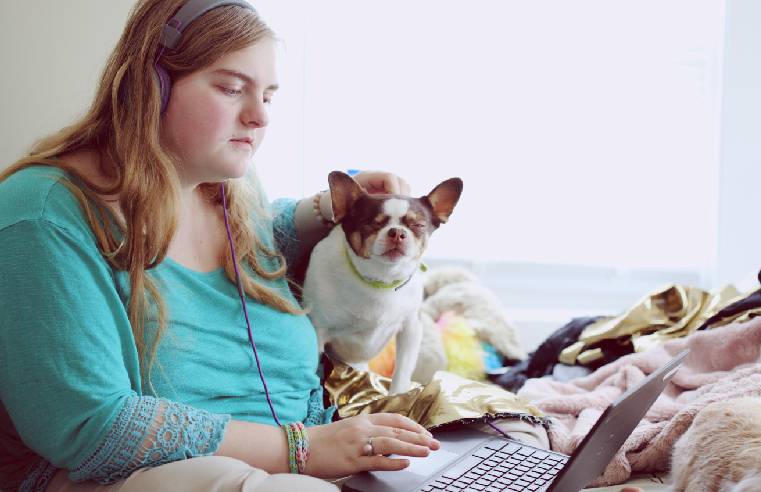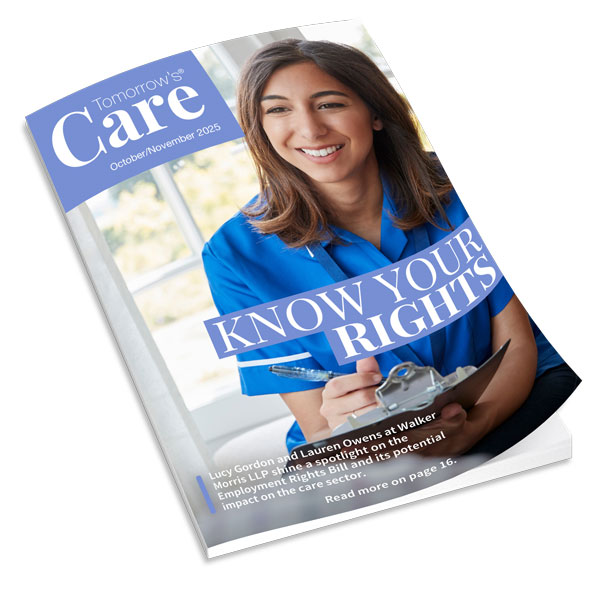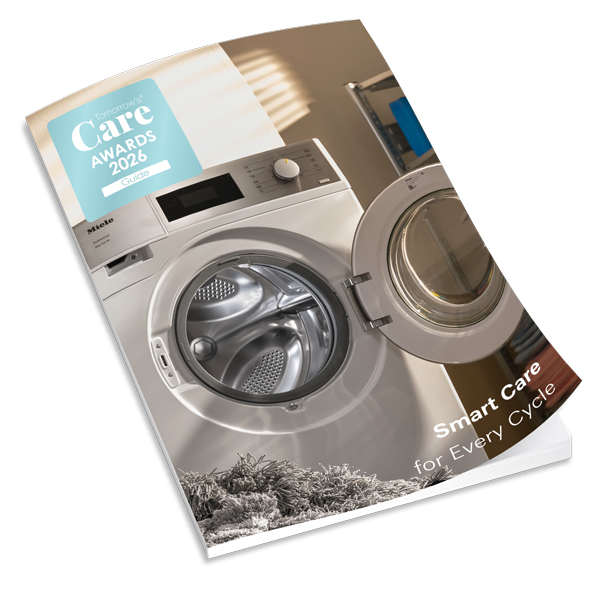Too many people with learning disabilities are being left to navigate the online world without the support they need. A new report from the Digital Care Hub calls on the adult social care sector to work together to improve digital confidence, inclusion and safety for everyone.
The Online But Unsupported research, commissioned by Better Security, Better Care and delivered by Cyber Champions, shares real-life experiences from people with learning disabilities and those who support them. It highlights the positive role digital access plays in people’s lives – alongside practical recommendations to help the care sector to offer the right support.
Participants described the internet as a lifeline for staying connected, listening to music and enjoying daily life. But the research found that digital safety is too often left to chance:
- 84% of people said they would find cyber safety training helpful – but nearly two-thirds had never received any outside school or college.
- Only 31% knew how to spot a fake email.
- 29% did not know how to change privacy settings.
- Over 85% of people with learning disabilities said they don’t receive regular help to use online services.
- One in four paid carers had received little or no digital safety training in their role.
The report sets out five clear recommendations for the adult social care sector:
- Develop accessible cyber guidance – including easy read guides, step-by-step videos, and clear explanations of passwords, privacy settings and online safety tools.
- Provide tailored cyber safety training – using real-life scenarios, theatre-based learning, and content built around people’s interests and experiences.
- Deliver relevant training for paid carers and support staff – focused on practical skills such as recognising scams, managing device security, and supporting safe online behaviour.
- Offer targeted support for unpaid carers – helping families understand risks like sexting or romance fraud and feel more confident offering online guidance.
- Establish a communication and engagement plan – to share new threats, celebrate success, and keep the whole sector learning together.
Michelle Corrigan, Director of Digital Care Hub, said: “We heard clearly from people with learning disabilities and their carers: digital access is important to them, and so is feeling safe. This report offers insights and ideas that can help the whole sector work together to improve confidence and build inclusive support. By sharing what’s already working and listening to lived experience, we can all help create a digital care environment that works for everyone.”
Samantha Leonard, Director of ARC England - the umbrella body for organisations supporting people with learning disabilities and autism, said: “We welcome this important research, which echoes what we hear from our members across England. People with learning disabilities want the same digital opportunities as everyone else, and with the right support, they can use technology in safe, meaningful and independent ways. This report helps shine a light on the practical steps we can all take to make that happen.”
The Digital Care Hub will work with care providers, carers and people with lived experience to put the findings into practice and share learning across the sector.
View the summary report and Easy Read version here.




















